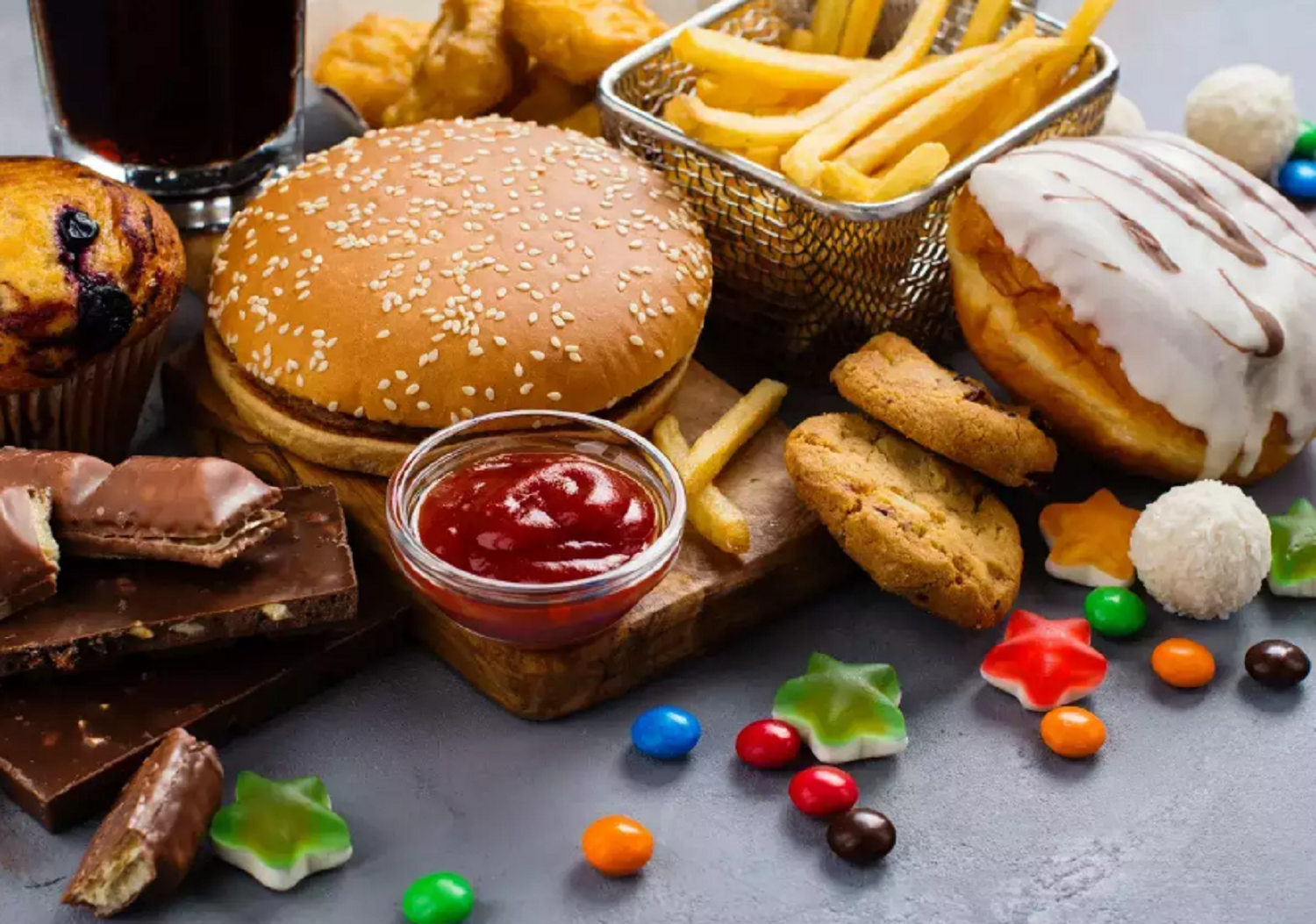After completing a fasting period, whether intermittent fasting or an extended fast, it’s crucial to have a plan for post-fast weight maintenance. In search of a fantastic way to keep your weight in check after fasting healthily? Then, you’ve come to the right place! Stick to your Fasting with Fasting app.
With the online BMI calculator by Lasta, you can control your weight and health journey completely. This user-friendly tool provides vital information about your body mass index, helping you understand the ideal weight range based on age, height, and gender. In addition, the calculator’s friendly tone and straightforward approach ensure that monitoring your progress becomes a breeze.
So, say goodbye to stressful weight management and embrace Lasta’s free online BMI calculator to achieve the perfect balance between health and satisfaction in your life.
So, note: proper post-fasting weight maintenance involves gradually reintroducing food, focusing on nutrient-dense foods, staying hydrated, monitoring portion sizes, incorporating exercise, getting enough sleep, and avoiding processed and high-calorie foods.
By sticking to these recommendations, you can easily keep your weight healthy once with your fasting period.
Guidelines for proper post-fasting weight maintenance
Here are some guidelines for proper post-fasting weight maintenance:
Take it slow with food: After your fast, it’s essential to start with small, easily digestible meals and gradually reintroduce solid foods. It helps your digestive system adjust to eating more and avoids potential tummy troubles.
Focus on nourishing foods: When you’re maintaining your weight after fasting, give your body the goodness it needs by focusing on nutrient-dense foods. Load up your plate with ample fresh foods and healthy fats.
Stay with water: Keeping hydrated is vital for maintaining weight after fasting. Drinking plenty of water is crucial to refresh your body, flush out toxins, and avoid overeating.
Observe your portions: Check your portion sizes and make sure you are not overdoing them. Try using smaller bowls or plates that help in controlling your servings.
Get moving: Regular exercise is critical to maintaining a healthy weight and can boost your metabolism. Start with gentle activities and gradually increase the intensity as your body gets used to eating more.
Enough rest is a must: A good night’s sleep is essential to maintain a healthy weight. When you don’t get enough sleep, it helps mess with the hormones that regulate hunger and fullness, which may lead to overeating.
Avoid processed and high-calorie foods: When you’re maintaining your weight after fasting, it’s best to steer clear of processed and high-calorie foods that can cause weight gain. Instead, stick to whole, nourishing foods to help you stay on track with a healthy weight.
How To Identify The Best Foods To Eat During Post-Fasting Recovery
Choosing the right foods during post-fasting recovery can help replenish your energy stores and rebuild your body’s nutrient reserves.
Focus on nutrient-rich foods
Nutrient-rich foods are high in minerals, vitamins, and other nutrients your body requires to function perfectly. E.g., fresh fruits and vegetables, lean proteins, whole grains, and healthy fats.
E.g., fresh fruits and vegetables, lean proteins, whole grains, and healthy fats.
Choose foods that are easy to digest
After a fast, your digestive system may need time to adjust. Selecting soft foods on your stomach can create a more pleasant and comfortable post-fasting experience. Some examples include cooked vegetables, soups, and smoothies.
Some examples include cooked vegetables, soups, and smoothies.
Incorporate protein-rich foods
Protein plays an indispensable role in building and repairing tissues within your body, and it also has the benefit of helping you feel satisfied and full for an extended time. So choose protein-rich foods such as lean meats, fish, and eggs and plant-based sources like beans and lentils.
So choose protein-rich foods such as lean meats, fish, and eggs and plant-based sources like beans and lentils.
Avoid processed and high-sugar foods
Consuming processed foods and sugary products can result in adverse health outcomes. Inflammation and blood sugar spikes, leaving you feeling sluggish and tired. You must avoid these foods. And choose whole, unprocessed foods instead.
Inflammation and blood sugar spikes, leaving you feeling sluggish and tired. You must avoid these foods. And choose whole, unprocessed foods instead.
Hydration
Drinking water is vital during post-fasting recovery. Drinking plenty of water is critical during post-fasting recovery. It removes harmful substances and excess waste from your body.
Drinking plenty of water is critical during post-fasting recovery. It removes harmful substances and excess waste from your body.
3 Proven Techniques For Ongoing Post-Fast Weight Management
Here are three proven techniques for ongoing post-fast weight management:
Monitor your calorie intake
After fasting, monitor your calorie intake to ensure you are not overeating. Use a food diary or calorie-tracking app to keep track of your daily calorie consumption and guarantee you’re not eating more than you need.
Use a food diary or calorie-tracking app to keep track of your daily calorie consumption and guarantee you’re not eating more than you need.
Practice mindful eating
When practicing mindful eating, it’s essential to focus on your food and take your time to enjoy each bite thoroughly. This technique helps you to be more aware of your hunger and fullness cues. It prevents overeating. To practice mindful eating, eat without distractions like television or your phone. And focus on your food’s taste, texture, and smell.
This technique helps you to be more aware of your hunger and fullness cues. It prevents overeating. To practice mindful eating, eat without distractions like television or your phone. And focus on your food’s taste, texture, and smell.
Stay active
Keeping a healthy weight is crucial, and regular exercise can help improve your metabolism. You should engage in moderate-intensity workouts at least four days a week. Activities like brisk walking, swimming, or cycling are excellent options.
You should engage in moderate-intensity workouts at least four days a week. Activities like brisk walking, swimming, or cycling are excellent options.
Sustainable Results After Fasting
Here are the Tips For Revamping Your Diet & Exercise for Sustainable Results After Fasting:
Make gradual changes: After fasting, making tiny changes to your diet and workout routine is essential. Start with a bit of whole, nutrient-rich foods to your diet and gradually increase the intensity and frequency of your workouts.
Include a variety of foods: Eating various foods may aid you in collecting all of the minerals your body requires. Try different colors and types of fruits and vegetables. And mix up your protein sources with lean meats, fish, eggs, and plant-based options.
Find an exercise routine that performs for you: Experiment with other types of exercise and find a pattern you enjoy and can stick to. This routine could include strength training, cardio, yoga, or various activities.
Prioritize sleep: Sleeping is crucial for overall health and can impact your metabolism and weight management. Get 7-9 h of sleep every night.
Conclusion
Congratulations on completing your fasting journey. Making it this far shows that you have the will and determination to make a long-term change for the better. Remember to have balanced meals, maintain a regular exercise routine, focus on portion control, and stay consistent with your good habits.
Happy fasting! With consistency comes discipline and commitment – use these tips to keep the weight off after fasting! Don’t forget to find simple joys in life so that living a well-rounded lifestyle becomes an easy habit.

Matt Brown: Senior editor with expertise in consumer tech, gaming, Xbox, and Windows PCs. Follow him on Twitter @mattjbrown for the latest updates.

